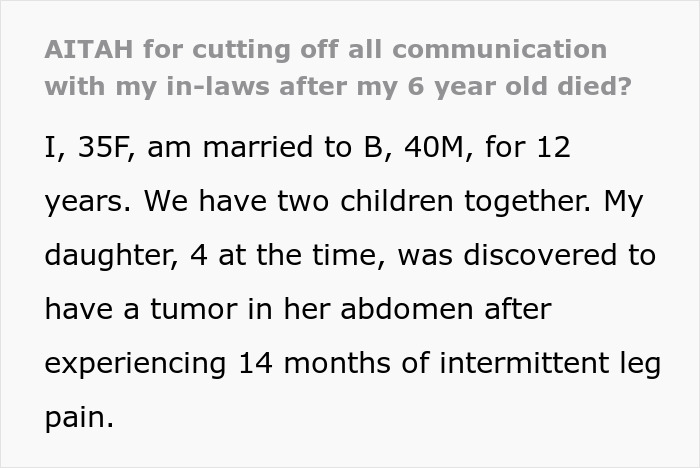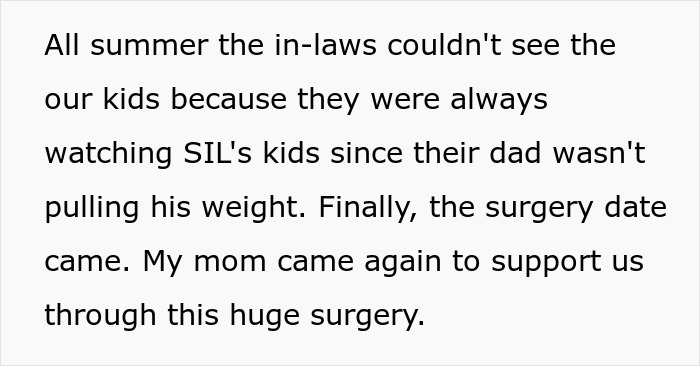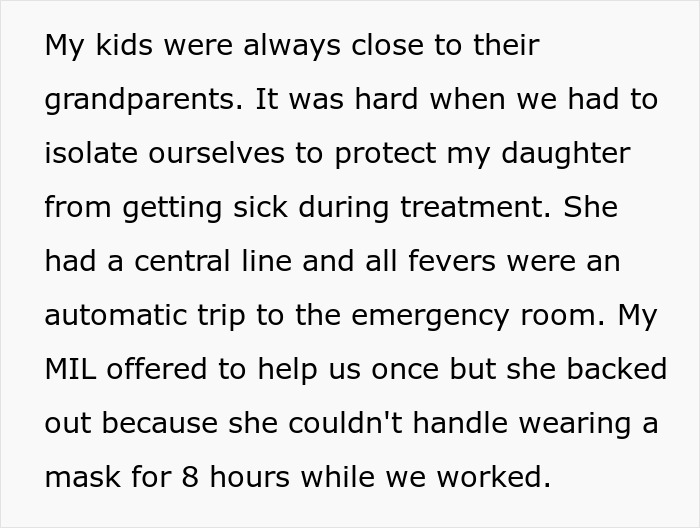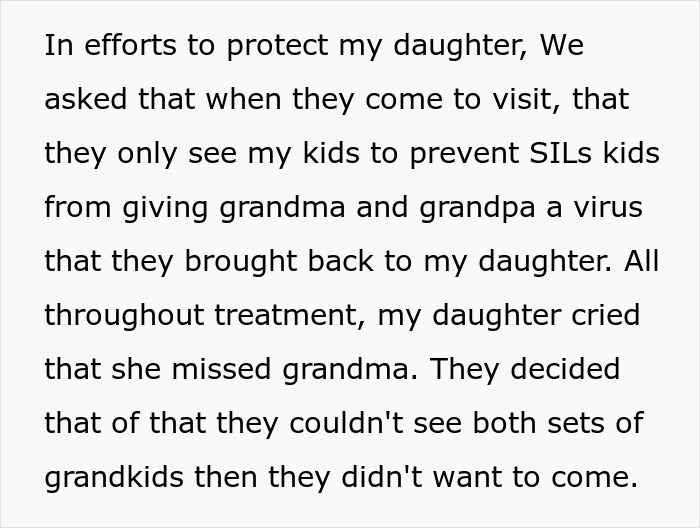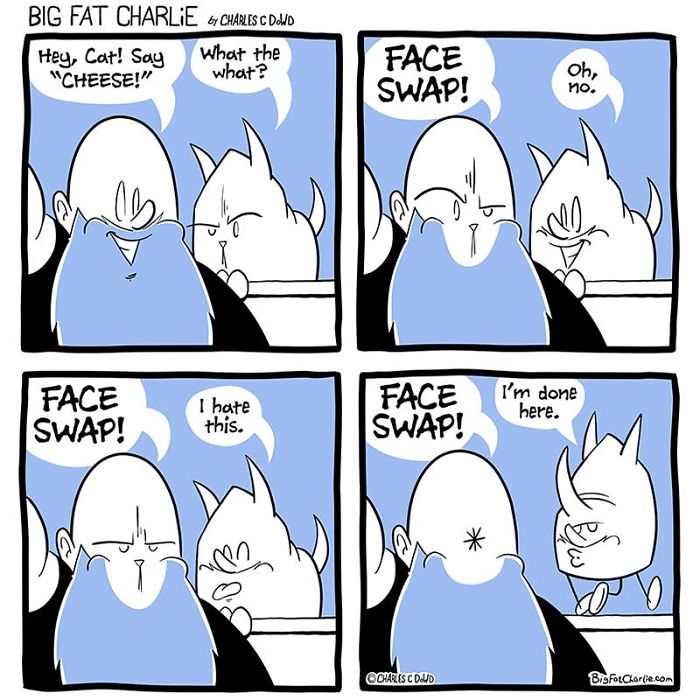Woman Severs Ties with In-Laws Amid Shocking Family Rift Over Dying Granddaughter’s Final Days
Ever notice how in-law drama often sneaks into family life like an uninvited guest at Thanksgiving dinner? Sure, every family dances to its own tune — with all sorts of mismatched expectations and emotional landmines littering the floor. Usually, when grandchildren enter the picture, you’d think that might smooth things over, right? Well, not always. Take one woman’s heartbreaking story: after her seriously ill daughter was met with cold silence from her in-laws for years, she seriously contemplated cutting all ties. It’s a gut-wrenching tale that dives deep into what happens when family doesn’t come through when it matters most — and the true cost of one-sided relationships. So, how far should you go before slamming the door on the folks who should’ve been there? Buckle up, because this one gets heavy… and real. LEARN MORE
In-law drama isn’t unavoidable, but every family is different. There can always be a mismatch of expectations, demands, needs and norms, but generally people try to make it work, particularly if there are kids involved. The presence of grandchildren tends to help. However, like in any relationship, people do have to meet each other halfway.
A woman considered ending contact with her in-laws after they completely ignored her very very ill daughter for years. People online gave their condolences and some suggestions for how she should proceed. Be warned, this story does get dark in places.
It’s normal for a sick child to want to see their grandparents
Image credits: National Cancer Institute / unsplash (not the actual photo)
But one mom wanted to go no contact after her in-laws wouldn’t show up for her daughter
Image credits: Samuel Yongbo Kwon / unsplash (not the actual photo)
Image credits: Nearby_Anywhere_543
Relationships take work from both parties
When in-laws repeatedly answer the question of visiting with a simple “no” or refuse to lend a hand in daily needs of the family, be it childcare, help during holiday preparations, or simply dropping by for a cup of coffee, it soon feels like a one-way street. You find yourself shouldering the emotional and practical cost of keeping the relationship alive, traveling long distances for every function, putting your schedule to their use, and keeping your hopes raised repeatedly that this will be the time they will finally reciprocate. When such hopes are constantly dashed, the practice of disappointment erodes your good nature and makes each invitation hurt a little more. Eventually, taking a step back becomes a question of maintaining your own stockpile of patience and love.
Repeated failures to show up also have an emotional toll that adds up. Every broken promise erodes trust, making you suspect that they cannot be trusted to fulfill their good intentions. You find yourself preparing for the disappointment, hiding behind your anticipation for being able to receive them. That tension of waiting and wariness is exhausting, and it takes the fun and relaxation that family gatherings are supposed to enjoy. Dodging them spares you that rollercoaster of hopeful optimism followed by disappointment, allowing you to put your emotional capital where it is actually valued.
Pragmatic justice is also a powerful reason to reconsider contact. If your in-laws never give back help, the imbalance is more than symbolic, it manifests as real sacrifices. You redistribute work, expend vacation hours, and double up on house chores to compensate for their lack, but they make no equivalent concessions. Over time, the balance becomes so skewed in your favor that any impression of reciprocal exchange vanishes. Severing connections, even if only for a season, emphasizes that your effort and time are not unlimited assets to be taken advantage of and that true relationships involve give-and-take. The impact resonates beyond superficial disappointment into the world of family togetherness and common memory. This granddaughter didn’t get to have her grandparents around when she needed them, something they can no longer change.
This lack of attention can disproportionately affect certain people more
Image credits: Getty Images / unsplash (not the actual photo)
Children, in particular, learn about real family life, forming ideas of loyalty and belonging around who’s there and who’s not. If grandparents or uncles and aunts never appear or won’t even help out, children might understand that they’re not worth the trouble. Over time, this will influence their sense of self-worth and how they believe families work. By severing connections with unengaged in-laws, parents protect their children from being consumed with second-class feelings in the larger family unit and show the importance of setting boundaries with individuals who won’t honor your family’s demands.
It’s generally worth a try to have an honest and compassionate conversation. Describing how their absence impacts you, without fault-finding or guilt-tripping, gives them the chance to understand and even change. But if a lot of conversations share the same pattern of empty apologies and unkept promises given, you are confronted with hard evidence of their unwillingness to invest. In this case, moving away is less of a penalty and more accepting reality: it turns out that some people are not going to meet you halfway.


